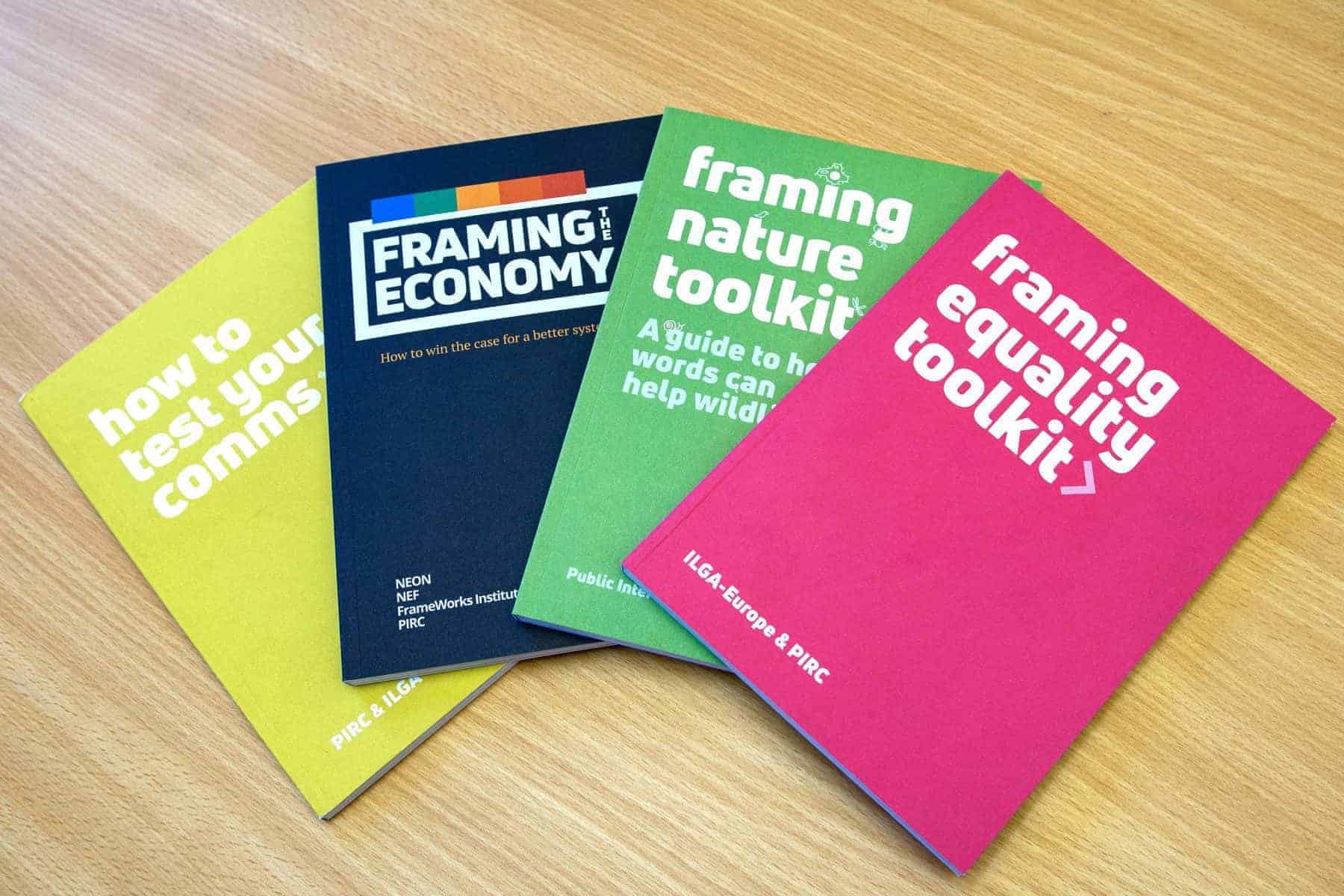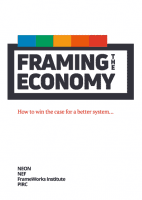The Bigger Picture
When we look to the myriad social and environmental problems we face, and we think about the root causes, we find that there are several points at which these intersect—climate change, social injustices, biodiversity loss, and human rights abuses can be traced back to the same systemic, structural points.
An understanding of values reveals one of these major underlying connections. The propensity to act on environmental issues is likely to be coupled with a concern about social injustice. And at the national or cultural level, we can see how these values both shape and are shaped by our education, the media, and social and economic policies. Values are engaged and strengthened by our experiences—and we are all a part of each other’s experience, whether we like it or not.
It is therefore important to ask what values are embedded in our institutions, our organisations, and our social practices. Systemic change is necessary to build and maintain a sustainable and fair society.
The work in this area is therefore in recognition that while it is outside of PIRC’s current remit, the pulls on one corner of our social fabric tend to tug the rest of it too.





